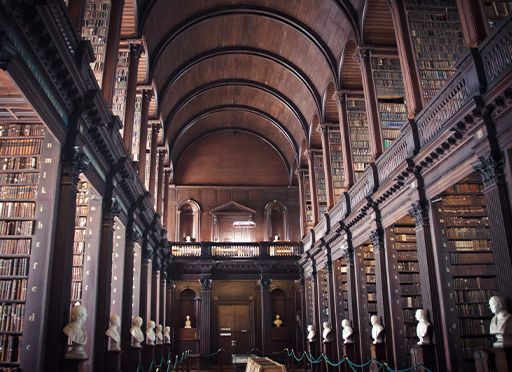Why Read Classics?

Yeah, times are hectic. And yes, many people have enough things to do alongside their working life than to roll through old books – or at least they think so. But if you want to, you do have enough time. You just have to take it, because the time you take to read timeless works is well invested.
Our new “Classic Advice” column will help you find inspiration for reading – and also explains what knowledge and insights await you when you open the most important books in the history of literature. Heather Hodel, who is responsible for the English literary classics at getAbstract, writes monthly articles about the great works that you shouldn’t read instead of the news or the daily business reports – but in addition to them.
Heather is in good company: Italo Calvino, one of the best-known authors of literary modernism, summarized the qualities of reading literary classics in a wonderfully light-footed contribution to the New York Review of Books in 1986. The master said:
The latest news may well be banal or mortifying, but it nonetheless remains a point at which to stand and look both backward and forward. To be able to read the classics you have to know “from where” you are reading them; otherwise both the book and the reader will be lost in a timeless cloud. This, then, is the reason why the greatest “yield” from reading the classics will be obtained by someone who knows how to alternate them with the proper dose of current affairs. And this does not necessarily imply a state of imperturbable inner calm. It can also be the fruit of nervous impatience, of a huffing-and-puffing discontent of mind.
Italo Calvino in The New York Review of Books
Yes, the article is longer than many texts you’ll read in the (social) media today. But it is a worthwhile read. And in a certain way, thankfully, Calvino also pinpointed why we at getAbstract believe that literature classics are relevant (not just in a business context). It’s because:
A classic is a book that has never finished saying what it has to say.
Italo Calvino in The New York Review of Books





